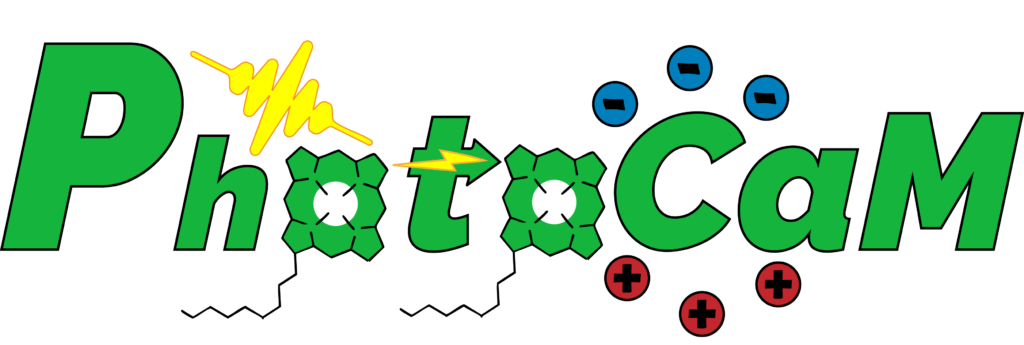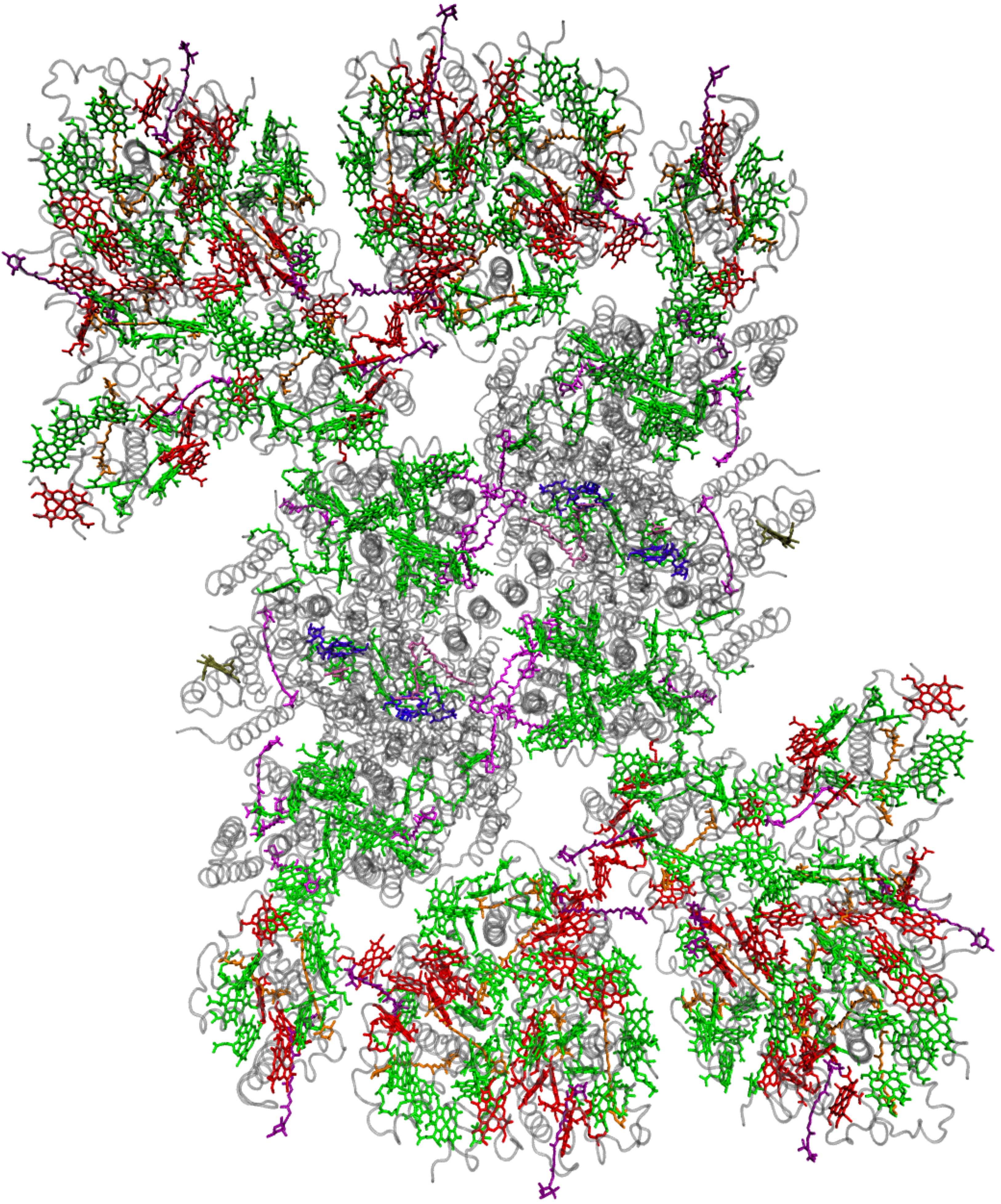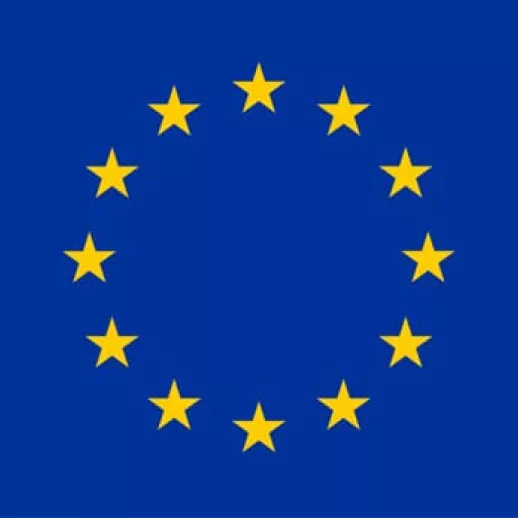
Photosynthesis relies on harvesting the sunlight and on transforming the solar energy into chemical energy to sustain almost all life on earth. An enhanced molecular-level understanding of photosynthesis and particularly of the light-harvesting process is of key significance.
In this Doctoral Network we aim at training a new generation of computational scientists which can treat complex and interdisciplinary problems such as light harvesting on a molecular level using theoretical and computational tools. The interdisciplinary nature of the problem requires a combined knowledge from biology, chemistry, physics, and computer science in order to combine state-of-the-art approaches like molecular dynamics simulations, quantum chemistry, theoretical spectroscopy and machine learning into multi-scale schemes.


This joint undertaking is a unique chance in research but especially also in training young scientists in interdisciplinary teamwork, method training and high-performance computing in academic as well as non-academic settings.
Project details
Funded by the European Union through
Program: Marie Skłodowska-Curie Actions within Horizon Europe (HORIZON)
Topic: Doctoral Networks (MSCA-DN)
Starting date: January 1, 2024
Duration: 4 years
Grant agreement ID: 101119442
Budget: € 2 589 847,20
EU Fact Sheet: https://cordis.europa.eu/project/id/101119442
This project has received funding from the European Union’s Horizon Europe Research and Innovation Program under the Marie Skłodowska-Curie grant agreement No 101119442.

